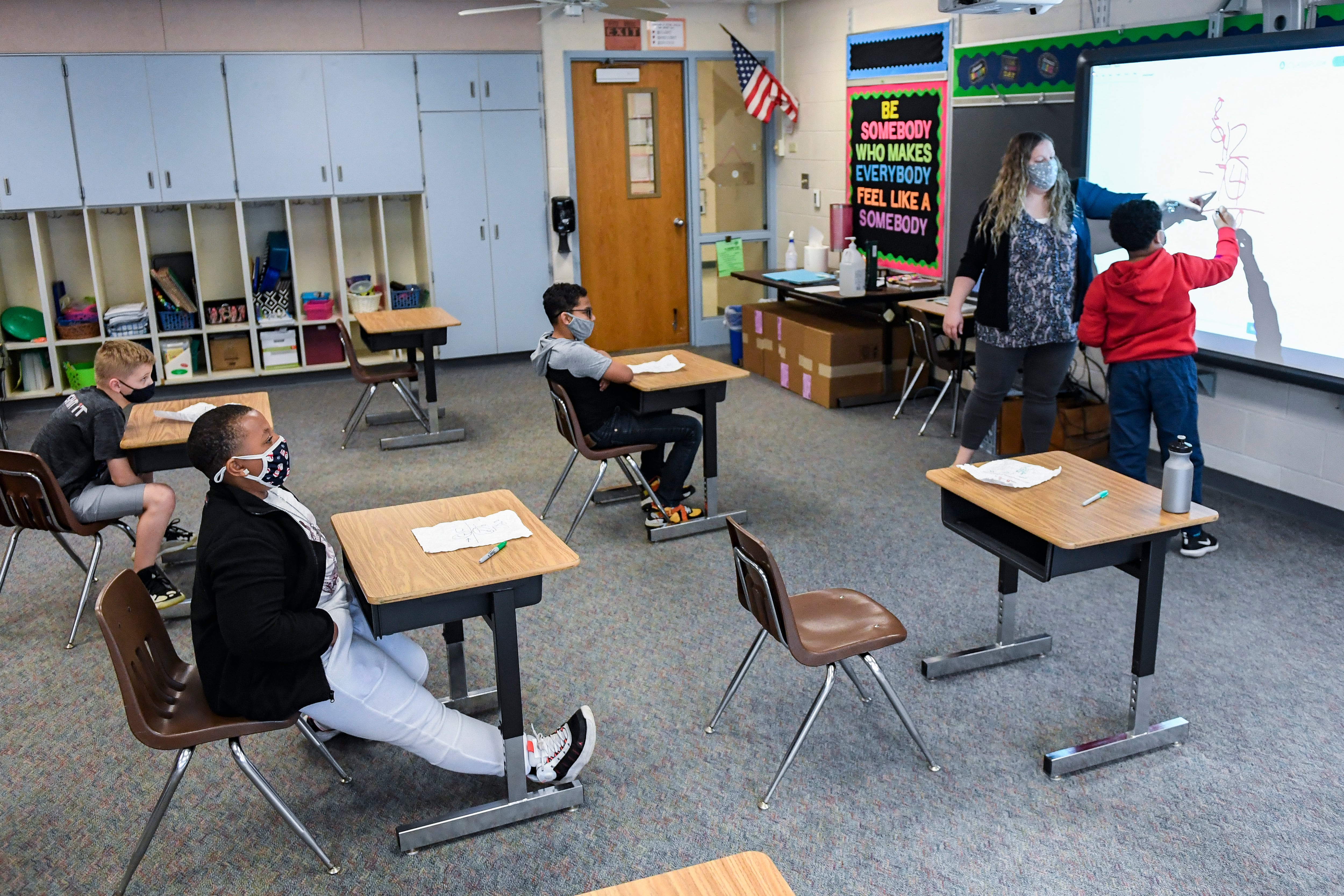Colorado took a big step toward fulfilling an old promise on Wednesday as lawmakers tentatively approved $93 million in new special education funding.
Colorado hasn’t raised reimbursement for special education students since the current system was established in 2006, and the state has never funded education for students with more significant disabilities at the amount required by law. State spending covers just a fraction of the cost of educating students with disabilities, and districts spend more than $740 million a year out of their general education budgets to make up the difference.
A bipartisan bill to increase state spending received unanimous approval Wednesday from the Senate Education Committee. Senate Bill 127 would boost state funding to $1,750, a 40% increase, for each student who receives special education services.
It also would increase funding next year for each student with more serious disabilities to at least $5,088. That’s still shy of the $6,000 per student promised in 2006, but the bill creates a mechanism to increase funding to account for inflation going forward.
Federal law orders schools to provide special education, but does not fully fund the program.
A fiscal analysis estimates the cost of both proposed Colorado changes to be $93 million, bringing next year’s state special education allocation to more than $303 million, about a 44% increase.
“I know there is a huge price tag on this, but it’s been our obligation and we haven’t met it for 16 years,” said bill sponsor state Sen. Barbara Kirkmeyer, a Brighton Republican. “I hope today we can start on the journey to meet our obligation to these kids and their families.”
In past years, citing fiscal constraints, lawmakers funded special education with whatever money was available, generally increasing the allocation each year but not covering even half of their obligation until last year.
Senate Education Chair Rachel Zenzinger, an Arvada Democrat and bill sponsor, who has pushed for more funding for years, said she believes this year lawmakers have more will to address the problem. The state also has more money than in past years.
The bill is part of a larger package of proposals to overhaul K-12 finance that came out of a special committee, and the one that has the broadest support. Last fall and again at this week’s committee hearing, special education directors said the lack of state support for students with disabilities hurts all students.
Tamara Durbin, executive director of the Northeast Colorado Board of Cooperative Educational Services, which supports 12 school districts, described one small school that got rid of a kindergarten teacher and combined its kindergarten and first grade classes in order to afford a full-time special education teacher.
“Every dollar we devote to special education benefits all of education,” Zenzinger said.
In addition to the approval of the full Senate and House, the bill’s promises need to be incorporated into the proposed state budget. The sponsors include state Rep. Julie McCluskie, a Dillon Democrat who chairs the powerful Joint Budget Committee.
“We are not bringing a bill to get us up to 100% because we recognize this is a balancing act with other priorities,” Zenzinger said.
The bill would also convene a group to study how Colorado funds special education services, including how the state and districts share costs, and to recommend changes.
State Sen. Paul Lundeen, a Monument Republican, has asked pressing questions throughout the legislative process about how money could be better targeted to individual student needs and not get tied up in supporting district programs. School administrators and program directors have said it’s not always easy to separate those things.
Bureau Chief Erica Meltzer covers education policy and politics and oversees Chalkbeat Colorado’s education coverage. Contact Erica at emeltzer@chalkbeat.org.





